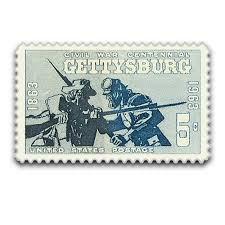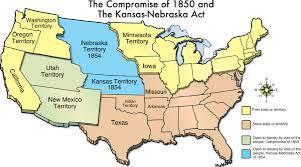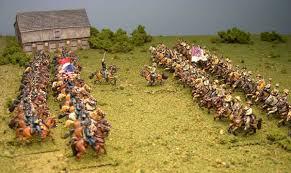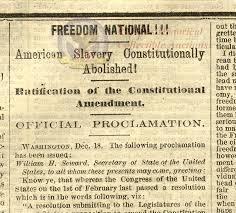 My wife applied for a writer-in-residence grant at Gettysburg. She didn’t get it, but meantime became interested in the history, and we decided to go there. It seemed timely to visit a symbol of when America was even more divided than now.
My wife applied for a writer-in-residence grant at Gettysburg. She didn’t get it, but meantime became interested in the history, and we decided to go there. It seemed timely to visit a symbol of when America was even more divided than now.
Gettysburg was the Civil War’s biggest battle; the Confederates’ lone northern invasion was repulsed. It seemed logical to start at the Visitor’s Center. Finding the parking lot was easy. But the route from there to the building was unobvious. Another jolly couple was having the same problem. We flagged down a guy in a motorized cart. He immediately guessed, “You folks want to know how to get to the Visitor’s Center.”
Once there, we began with a movie, narrated by — who else? — Morgan Freeman (a Mississippi-born descendant of slaves). It was a work of art, beautiful and moving, putting the battle in historical context; making clear that the war was about slavery, and nothing else.

The film did note that most northerners were not keen to abolish slavery altogether — immigrants and northern working men feared job and wage competition from ex-slaves flooding northward. (This has current-day resonance. As it turned out, most freed slaves stayed put.)
We then toured the battlefield — a vast expanse filled with monuments and memorials. We started with the Confederate ones before they could be removed, our guide quipped. And then the museum, also beautiful and sobering, chronicling the whole war. One had to be struck by just how much human suffering slavery caused — not only to the slaves, but now too in this climactic apocalypse of violent conflict on account of slavery.


Me and Abe
Meantime we also visited Eisenhower’s farm, and numerous shops containing more relics, souvenirs, Civil War books, toy soldiers, and other memorabilia and militaria, than could ever conceivably be sold.
I wrote recently about history’s blunders, and its contingent character. Gettysburg surely epitomized that. It could have gone either way — a very close fight. The South seemed to be winning till the last afternoon of the three-day battle. The “fog of war” came frequently to mind, with the impossibility of commanders having the full picture of what was happening, nor having timely communications.
Meantime, that book I reviewed about history’s mistakes ought to have included southern secession. Most analysts think their chances of victory were slim, given the North’s economic strength. Secession was a giant gamble, that turned out very badly; the South was devastated. But again this is hindsight. It might not have been clear in 1861 that the North would fight at all, let alone so fiercely. Perhaps secessionists anticipated a fait accompli, the North backing off from the extreme step of all-out war.
A southern victory at Gettysburg might not have won the war. But change any detail of history and we cannot know how the subsequent story would have unfolded. Lee winning at Gettysburg might have tipped the 1864 election to a candidate who’d negotiate a peace without restoring the union or freeing the slaves. Today’s world would be very different!
However, the nation “conceived in liberty and dedicated to the proposition that all men are created equal” did endure. And not only freed the slaves — a more abject and despised “other” could scarcely be imagined — but made them citizens and voters.

It was a different Republican party in charge.
Advertisements